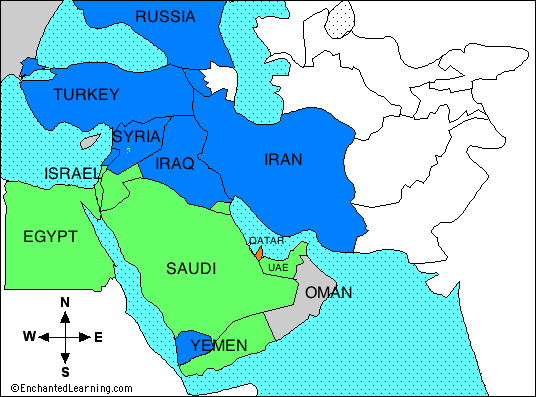By Juan Cole | (Informed Comment) | – –
Saudi Arabia is making a drive to become a regional hegemon. It has
long used its oil wealth to achieve a great deal of influence among
neighbors, of course. But it is now flexing military muscles. From a
Saudi point of view, they have suffered decades of dangerous reversals,
and they are determined to push back foes and ensure not just their
security but their control.
The dangers the Saudis see include the revolutionary, Shiite Islam of
Khomeinist Iran. It is not only a hated rival branch of Islam but
Ayatollah Ruhollah Khomeini, who came to power in 1979, said “there are
no kings in Islam.” It is republican with a small
‘r.’ The Saudis hate it just as the Austro-Hungarian emperors hated the
French Revolution. Inasmuch as Hizbullah in Lebanon adopted Khomeinism
and is close to Tehran, it is also seen as a threat by the Saudis. The
anti-Wahhabi, Zaydi Shiite Houthi movement in Yemen has made the error
of imitating Hizbullah and speaking of overthrowing the House of Saud in
Riyadh, and Saudi Arabia has gone to war against the Houthis in Yemen.
The Syrian government of Bashar al-Assad, dominated by Alawite Shiites
who are secular socialists, is seen as an enemy mostly because it is
allied with Iran (the Saudis used to support the al-Assads back in the
1970s and 1980s). The Saudis have supported radical fundamentalist
guerrillas in Syria such as Jaysh al-Islam.
It so happens that along several dimensions, the groups the Saudis
see as threats are the same as those tagged as dangerous by the right
wing Likud Israeli government, creating a Saudi-Israeli tacit alliance.
Hence the influence in the campaign against Qatar of American Israel
lobbies.

